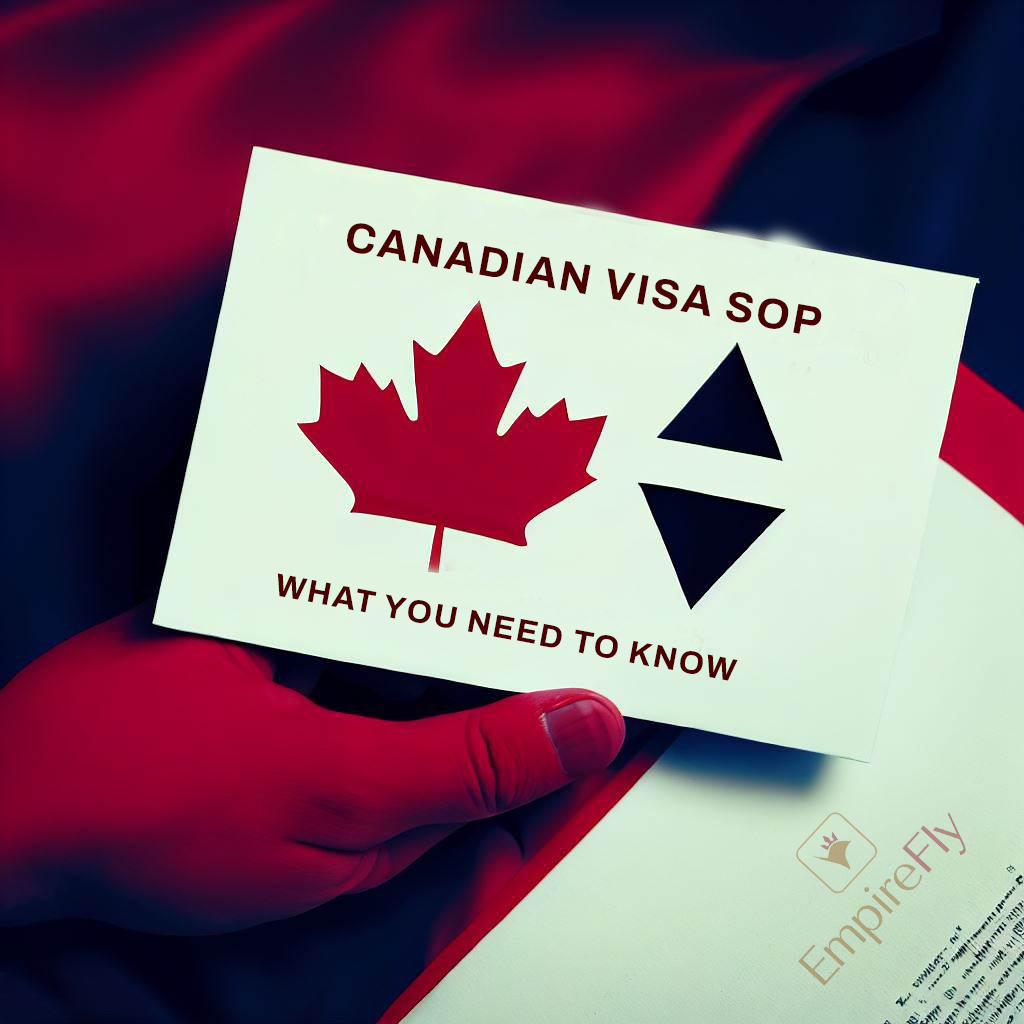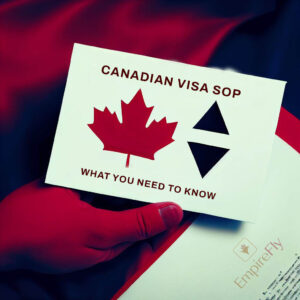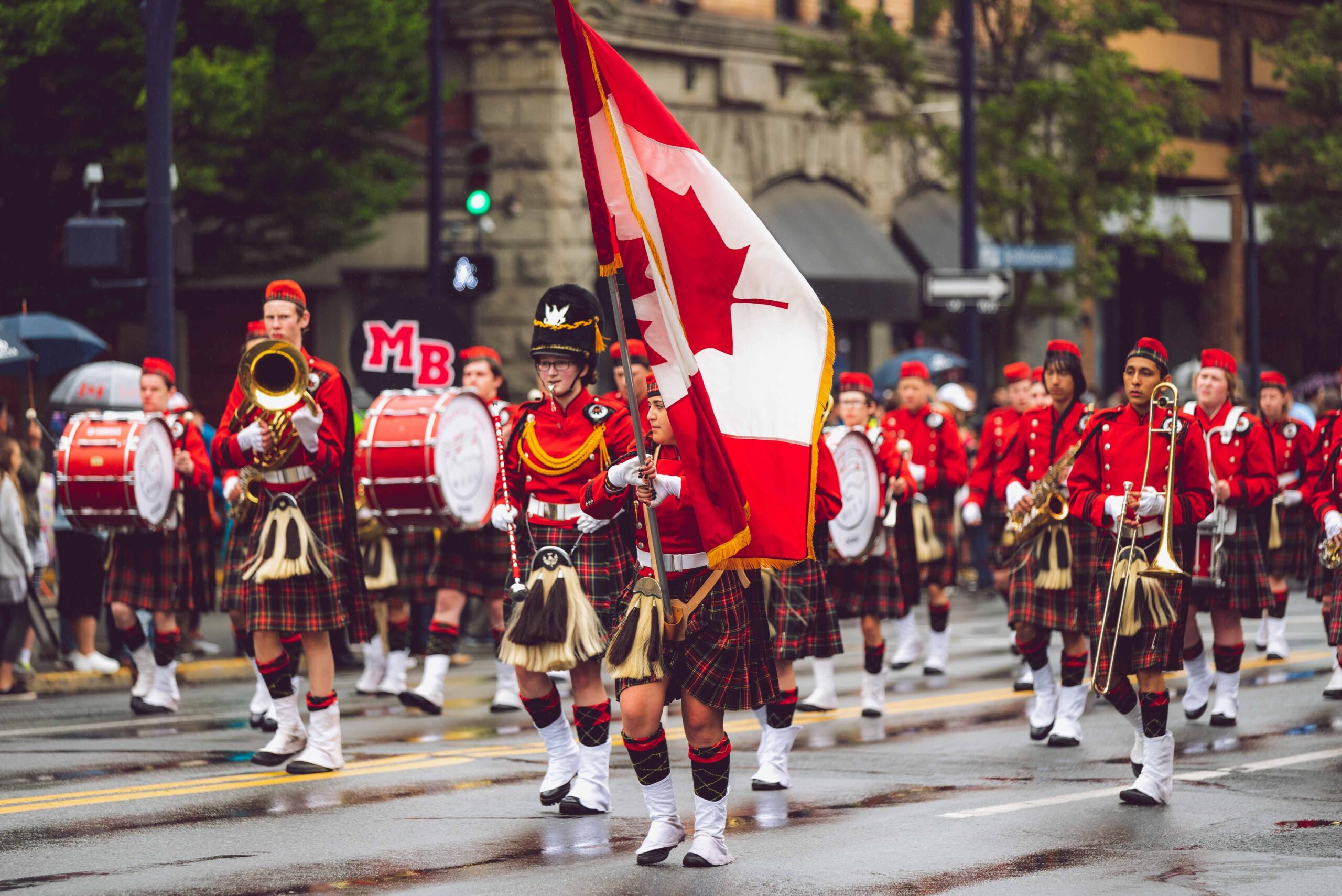A visa appeal is a legal recourse available to citizens across Africa, enabling individuals from Nigeria, Kenya, Ghana, and other African nations to contest a decision rendered by a visa officer concerning their application for a Canadian visa. The process is done through the Immigration Appeal Division (IAD) of the Immigration and Refugee Board of Canada (IRB).
Step 1: Determine eligibility: To initiate an appeal, citizens from various African countries, including Nigeria, Kenya, Ghana, and others, must have experienced a refusal of their Canadian visa application. Furthermore, they must not be deemed inadmissible to Canada based on security, criminal, or human rights considerations.
Step 2: Gather required documents: To initiate an appeal, citizens from various African nations, including Nigeria, Kenya, Ghana, and others, will need to compile several documents as evidence for their application. These include the refusal letter, any supporting documents initially submitted with the application, and any additional evidence they wish to present.
Step 3: Complete the appeal application form: The appeal application form can be conveniently filled out online, requiring approximately 20 minutes to complete. It solicits personal information and prompts the applicant, regardless of nationality, to outline why they believe the decision to deny the visa was erroneous.
Step 4: Pay the appeal fee: The appeal incurs a fee of $100 CAD, payable via credit or debit card. Upon payment, citizens from African countries, including Nigeria, Kenya, Ghana, and others, will receive a receipt confirming payment.
Step 5: Submit the appeal application: Following the completion of the appeal application form and payment of the fee, applicants from various African nations must promptly submit the application to the IAD within the stipulated timeframe.
Step 6: Await the hearing: Upon submission of the appeal application, the IAD will arrange a hearing. Citizens from Nigeria, Kenya, Ghana, and other African nations will have the opportunity to present evidence and call witnesses in support of their case. The IAD will diligently review all evidence and submissions, including those from the visa officer, in their decision-making process.
It’s crucial for citizens across Africa, including those from Nigeria, Kenya, Ghana, and other nations, to understand that the process of appealing a denied Canadian visa can be intricate and time-consuming. Therefore, it is strongly advised that they enlist the assistance of a knowledgeable immigration lawyer. A lawyer can guide them through the process and represent them at the hearing, which can greatly increase their chances of success.
It’s also important to note that the appeal process is not a guarantee of a successful outcome, and it’s important to present a strong case with evidence and arguments that demonstrate why the original decision was incorrect.
In conclusion, if an individual from any African nation has faced a refusal of their Canadian visa application, it’s crucial to understand that there exists a pathway to contest this decision through the visa appeal process. While this endeavor may prove complex and time-intensive, with the support of a seasoned immigration lawyer and thorough preparation, citizens from Nigeria, Kenya, Ghana, and beyond may have the opportunity to effectively challenge the decision and realize their objective of securing a Canadian visa.







 Applying for a visa to Canada can be a complex and intimidating process. To avoid costly mistakes that can result in your application being denied, it is important to take the time to understand the requirements and ensure that your application is complete, accurate, and supported by the necessary documentation. In this blog post, we will discuss some of the top mistakes to avoid when applying for a visa to Canada.
Applying for a visa to Canada can be a complex and intimidating process. To avoid costly mistakes that can result in your application being denied, it is important to take the time to understand the requirements and ensure that your application is complete, accurate, and supported by the necessary documentation. In this blog post, we will discuss some of the top mistakes to avoid when applying for a visa to Canada.




 The government of Canada updated on their official website that groups of public servants “maybe” go on a legal strike in mid-April 2023. These all sum up to around 159,000 workers who offer a variety of services to the general population in different departments.
The government of Canada updated on their official website that groups of public servants “maybe” go on a legal strike in mid-April 2023. These all sum up to around 159,000 workers who offer a variety of services to the general population in different departments.